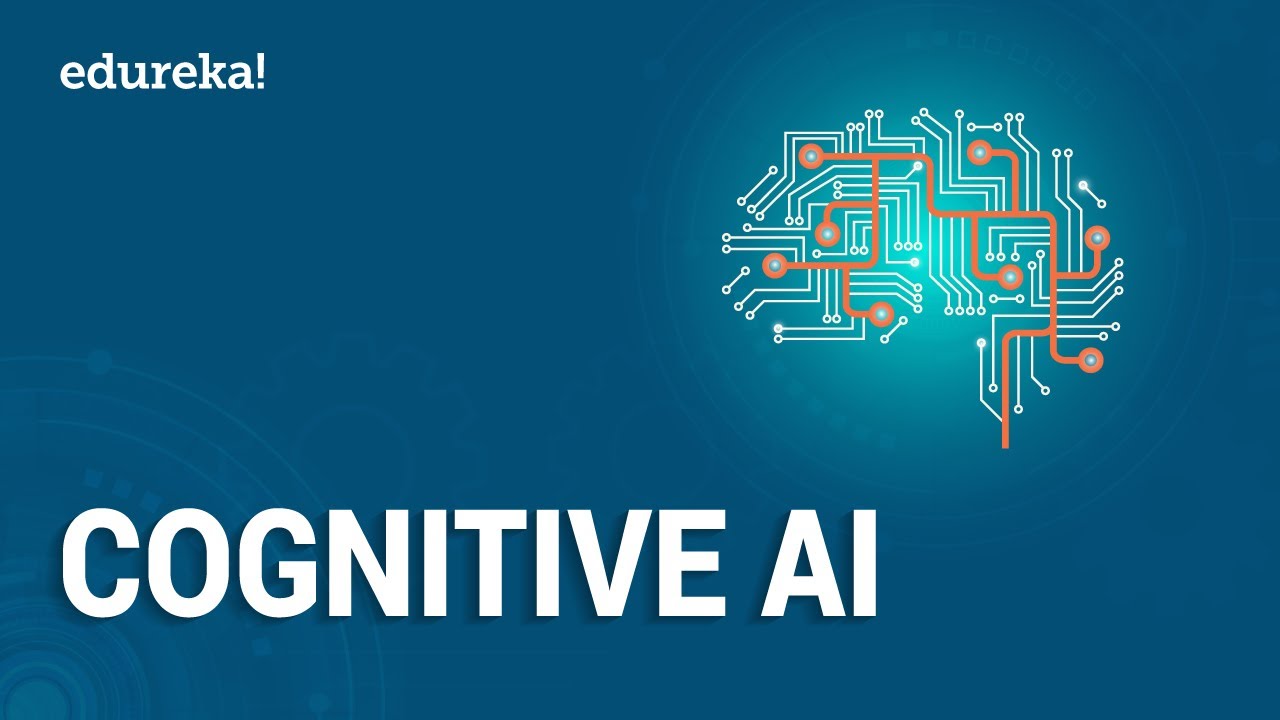In 2025, artificial intelligence (AI) has reached a pivotal milestone: the development of models that closely mirror human cognition.
This breakthrough is transforming sectors like content creation, robotics, healthcare, and beyond by enabling machines to exhibit human-like reasoning and understanding.
Understanding AI’s Reasoning and Problem-Solving Capabilities
One of the biggest advancements in the field is OpenAI’s introduction of the “o1” model. This model is designed for handling intricate tasks across science, mathematics, and programming. By using a “chain of thought” method, the model can break down complex problems into smaller, solvable parts, improving its problem-solving abilities and minimizing errors.
The ability for AI systems to think and reason like humans brings us closer to achieving Artificial General Intelligence (AGI), where AI not only performs specific tasks but also understands and adapts like a human.
“AI models are now demonstrating reasoning and problem-solving akin to that of human cognition, which reduces error margins and increases accuracy,” said Sam Altman, OpenAI’s CEO.
AI in Content Creation
The world of content writing has been significantly impacted by these advancements. AI-driven tools, powered by these cognitive models, assist writers by generating content drafts, optimizing for SEO, and suggesting revisions based on learned trends.
For example, AI tools can suggest articles or blog posts tailored to what most resonates with audiences at a given moment, thanks to real-time data analysis.
Though highly efficient, challenges exist, including maintaining authenticity and originality in AI-generated content while balancing automated help with human creativity.
Robotics and Autonomous Systems with AI Cognitive Models
AI’s potential extends into robotics and autonomous vehicles, particularly in projects like Nvidia’s ‘Cosmos’ AI. By enabling robots and autonomous systems like self-driving cars to understand and interact with their environment on a cognitive level, robots can execute tasks previously reserved for humans.
The AI models help generate images and 3D models that serve to train robots in navigation, sensor interaction, and spatial understanding, pushing the boundaries of robotics and bringing machines closer to performing human-like activities in the physical world.
“Cosmos enables AI to create and perceive like a human, allowing robots to perform tasks based on spatial reasoning and adaptability.”
Ethical Implications of AI Models Mirroring Human Cognition
While these advancements are promising, they also bring critical ethical considerations. As AI systems become more adept at decision-making, reasoning, and problem-solving, society must grapple with important questions: What is the role of AI in high-stakes decision-making? How do we protect personal data in a world with cognitive-powered systems? What impact will this have on job markets and society?
Experts have emphasized the need for responsible AI development that considers ethical frameworks, promoting transparency, accountability, and fairness in machine decision-making processes.
Conclusion: A Future Transformed by AI
As AI moves closer to mirroring human cognitive abilities, we are witnessing the transformation of industries worldwide. Whether through content creation, robotics, or autonomous systems, these models are shaping the future of innovation.
However, as we adopt these technologies, careful consideration of their societal impact will be critical in ensuring these advances benefit humanity as a whole. For more Artifici-related information check the internetverizons.
